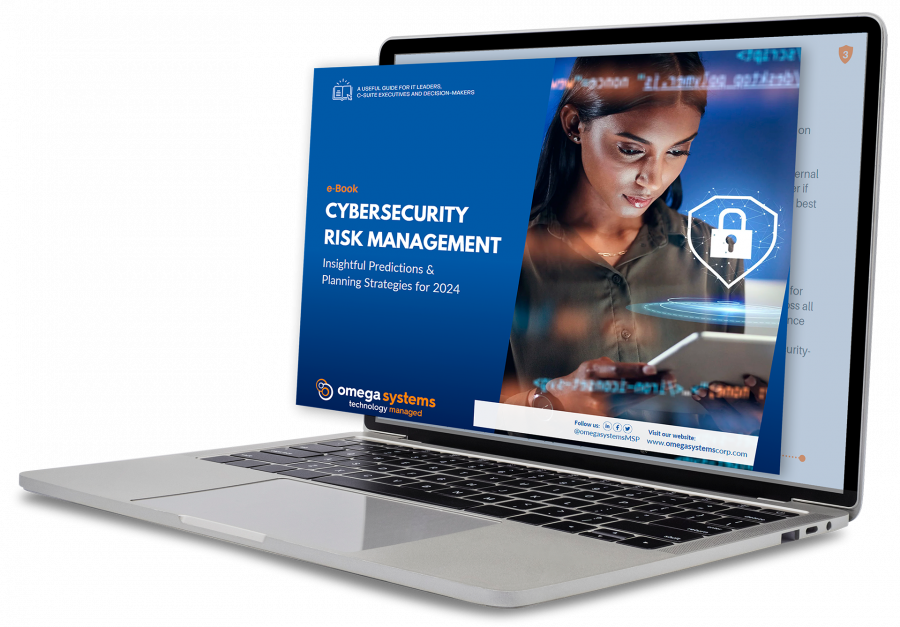
There’s no denying the fact that it’s much easier to shop from home during the holidays. Not only do you avoid hot crowded stores with long lines, but you don’t have to worry about your items being out of stock either. A study from the National Retail Federation and Forrester found that 55% of retailers said they were concerned about the rise of payment card fraud and the implementation of EMV chips on cards, has moved a large number of attacks to e-commerce sites.
Along with that, more shopping than ever is done during the holiday season. A survey from the Harris Poll and Openx reported that sales during this time of year can make up to 30% of a retailers revenue. Put those two statistics together and it’s a perfect recipe for phishing. Although phishing schemes are sometimes untraceable there are still some good practices to follow, especially while holiday shopping.
Things to Watch Out For
Fake Websites
Like most people, you probably go into the holidays hoping for the best deals on the coolest products. This might lead you to some site you’ve never heard of, offering an unrealistic sale price on a product you may have considered to be out of your budget. If you’ve never heard of the site before, it’s important to do your research and check out the reviews online. Is the site credible? Do you know anyone who’s bought something from the site before?
If you aren’t sure if it's verified and you really can’t stop yourself from making the purchase, make sure to use a secure site to pay, such as PayPal. They will make sure to reimburse you if the site ends up being fake. Additionally, on a general note, you should get in the habit of making sure the checkout areas of the websites you’re shopping on are encrypted as well. There must be an “s” at the end of “http” in the site URL. You also shouldn’t be storing your card number on sites or making any purchases from devices that aren’t your own.
Phishing: Click with Caution
As previously mentioned, if the deal seems too good to be true, it probably is. During the holidays you probably receive more emails than ever regarding sales and great seasonal deals. Due to this, you probably mindlessly click on links just to see what products the site has to offer. Unfortunately, this is a phishing tactic and it works. Make sure to hover over any link before you click to make sure the site is legitimate. Additionally, don’t give out your information or a sign up for a deal without going to the store's website to make sure the offer actually exists.
Another important phishing scam to be aware of involves banking apps and sites. If you receive an email from your bank requesting your account number or an account reset don’t click on anything. It’s also important to click with caution even if the website or email seems credible. Cybercriminals are now taking advantage of sites that get more traffic during this time of year. Hackers will infect these sites with malicious ads. Installing an ad blocker on your phone may not be such a bad idea.
Public Practices
It may not seem like such a bad idea to get some online holiday shopping done while you’re online at the grocery store right? Kill two birds with one stone. You may not want to do that though. There is a much higher risk of being hacked and losing money when you’re on public Wi-Fi. Never enter your credit card information if you’re on public Wi-Fi. Along with that, you shouldn’t just be careful when it comes to online shopping in public. It’s important to use caution with your credit card when you physically shop in a store as well. First, Don’t let anyone see your card number or hear you provide your number while out around people.
How to Stay Ahead
Know What Information is Necessary to Give Out
Be aware of what is required when you make an online purchase. Aside from your payment information, a site shouldn’t need more than your name and email address. Malicious sites will sometimes ask for your Social Security Number at checkout. Macy’s definitely doesn’t need that information and it’s probably a fake version of that site.
Password Practices
Always use strong passwords. If you use personal information or have the same password for all your accounts, they are much more likely to become compromised. Password Managers, such as LastPass, are a huge help if you struggle to come up with creative passwords. This is one simple way to stay ahead of cybercriminals.
Credit Cards
Using a debit card when you make online purchases can be very risky. A credit card is safer for multiple reasons. Once a cybercriminal has access to one bank account, he or she has access to all of them. This means you could potentially have your savings wiped out even if you paid with a checking account. Along with that, credit card company’s give you a decent window of 1-2 months to report fraud. Debit cards on the other hand only give you 2-7 days. So, if you don’t check your account daily it could be weeks before you realize there’s been a fraudulent charge on your account. By then it’s too late.
One solution that some banks offer are virtual credit card numbers. Any time you want to make a purchase online your bank will generate number that’s different from your own so your sensitive data can’t be stored.
If you want more information on how to protect yourself during the holiday season Contact The TNS Group today.
Categories: Managed Service Provider, MSP Blogs




